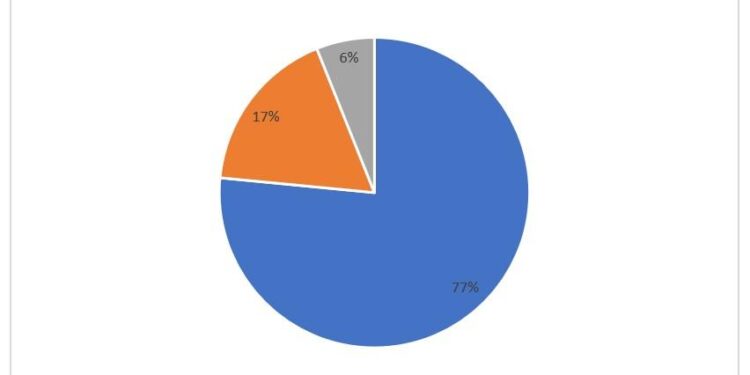The United States is set to impose secondary sanctions on Russia this Friday, a White House official confirmed, escalating economic pressure amid ongoing geopolitical tensions. The move targets entities and individuals outside the U.S. who continue to do business with Moscow, aiming to further isolate Russia financially and politically. This development marks a significant step in Washington’s strategy to respond to Russia’s actions on the international stage, as global scrutiny intensifies ahead of the sanctions’ implementation.
Secondary Sanctions Target Russian Economic Sectors and Global Partners
The upcoming enforcement of secondary sanctions marks a significant escalation in the international response to Russia’s actions. These measures are designed not only to target key Russian economic sectors but also to extend pressure on global entities that maintain commercial ties with Moscow. The White House official emphasized that the sanctions will primarily focus on industries such as finance, energy, and defense, aiming to disrupt critical revenue streams and limit Russia’s ability to source new technology and capital from abroad.
Key sectors and affected partners include:
- Russian financial institutions involved in international transactions
- Energy exporters relying on Western components and services
- Defense contractors supplying military hardware or technology
- Foreign banks and companies facilitating sanctioned activities
| Sector | Impact Focus | Potential Consequence |
|---|---|---|
| Finance | International transactions embargo | Restricted access to global banking system |
| Energy | Export bans on technology and equipment | Reduced operational capacity of oil and gas projects |
| Defense | Supply chain interruptions | Decreased military hardware development |
Impact on International Businesses and Compliance Challenges Explored
International companies operating across multiple jurisdictions now face heightened scrutiny as the new measures introduce secondary sanctions that extend beyond direct interactions with Russian entities. These sanctions threaten to penalize third-party businesses that facilitate prohibited transactions, significantly complicating global supply chains. Multinational corporations must urgently reassess their compliance frameworks to avoid inadvertent violations, particularly in sectors such as energy, finance, and technology, where indirect exposure to sanctioned Russian counterparts is prevalent.
Compliance teams are under increased pressure to implement robust due diligence processes, with particular emphasis placed on enhanced transaction monitoring and partner evaluation. The evolving regulatory landscape demands clear internal communication and real-time intelligence sharing to navigate potential pitfalls. Companies are advised to focus on:
- Strengthening KYC protocols for new and existing business partners
- Investing in advanced analytics tools to detect sanction exposure
- Training employees on the latest regulatory developments and compliance standards
| Business Sector | Compliance Challenge | Recommended Action |
|---|---|---|
| Finance | Cross-border payment screening | Implement real-time transaction filters |
| Energy | Indirect supply chain exposure | Enhance third-party audits |
| Technology | Software export restrictions | Regular export license reviews |
White House Advises Companies to Strengthen Due Diligence and Risk Management Practices
In anticipation of the upcoming sanctions aimed at Russia, White House officials have urged corporations to intensify their due diligence and risk management efforts. These measures are designed to mitigate potential legal and financial exposure stemming from secondary sanctions that take effect on Friday. Companies engaging in international trade and finance are being encouraged to adopt comprehensive compliance frameworks to navigate the complex regulatory landscape proactively.
Key recommendations include:
- Conduct thorough background checks on all partners and counterparties.
- Regularly update internal policies to reflect the latest U.S. sanctions guidelines.
- Implement robust transaction monitoring systems to detect suspicious activity.
- Enhance cross-departmental communication to ensure consistent enforcement of sanctions compliance.
| Aspect | Recommended Action | Impact |
|---|---|---|
| Due Diligence | Enhanced partner screening | Reduced exposure to sanctioned entities |
| Risk Management | Real-time monitoring tools | Early detection of violations |
| Compliance | Policy updates and audits | Minimized regulatory penalties |
In Retrospect
As the United States prepares to enforce secondary sanctions on Russia this Friday, global markets and diplomatic circles are bracing for the potential ramifications. These measures underscore Washington’s continued commitment to pressuring Moscow amid ongoing geopolitical tensions. Stakeholders will be closely monitoring the implementation and international response in the coming days.
















